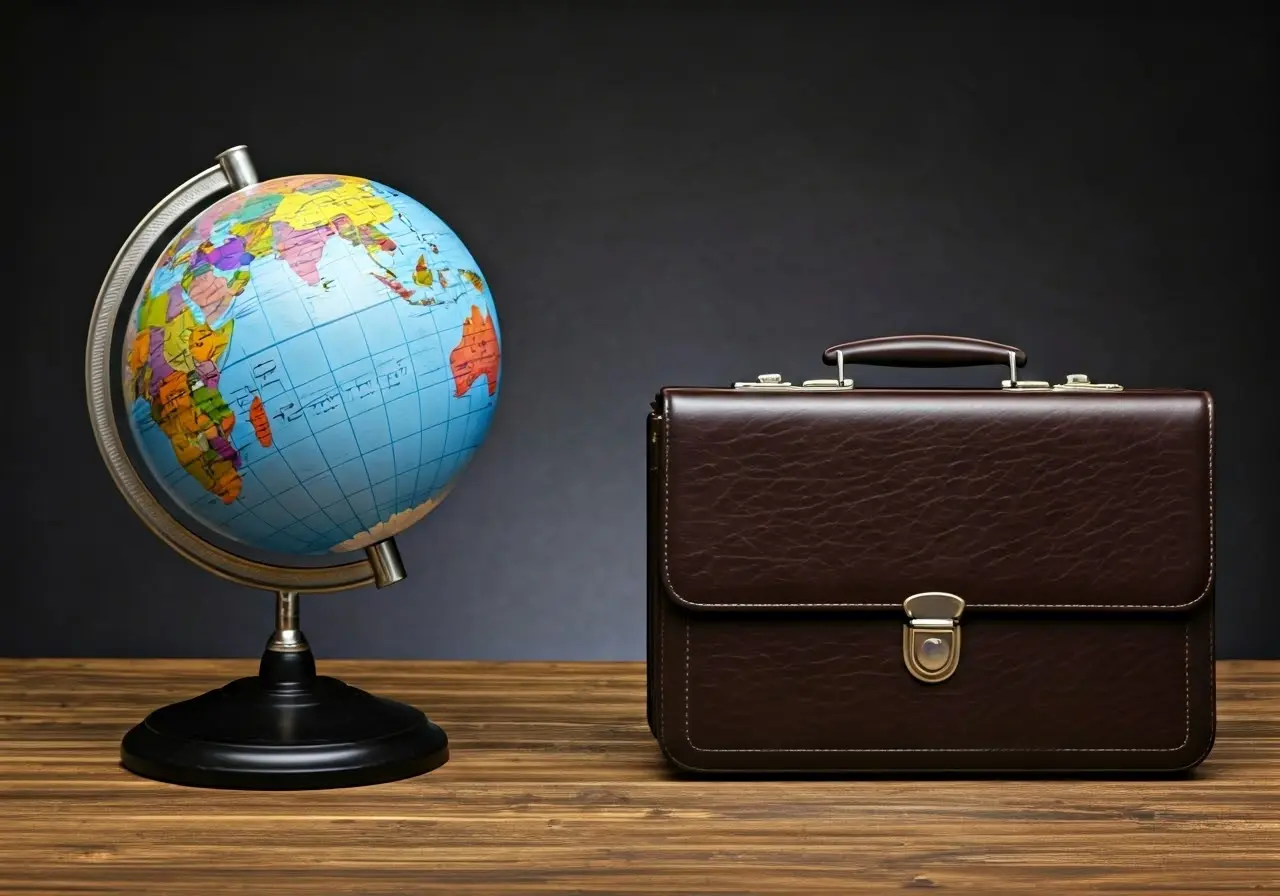We may earn money or products from the companies mentioned in this post.
In our increasingly globalized world, understanding and respecting cultural etiquette can be a key factor in successfully advancing your career. This FAQ blog will delve into the reasons why cultural etiquette is essential, offering insights into how it can open doors and foster professional relationships.
What Is Cultural Etiquette?
Cultural etiquette refers to the customs and rules governing social interactions within different cultures. These can include greetings, communication styles, and business practices.
An understanding of cultural etiquette goes beyond basic manners; it involves an appreciation of cultural values and social norms that can vary significantly from one culture to another. For instance, while some cultures place a strong emphasis on punctuality, others may be more flexible with time. Being aware of these nuances can help you avoid misunderstandings and foster smoother interactions.
Cultural etiquette encompasses various elements such as body language, tone of voice, and even the appropriate topics for conversation. In some cultures, direct eye contact is a sign of confidence, while in others, it may be seen as disrespectful. Navigating these subtle differences with skill can empower you to connect and communicate effectively across cultural boundaries.
How Does Cultural Etiquette Influence Professional Relationships?
Understanding and respecting cultural norms can build trust and rapport with colleagues and clients from diverse backgrounds, improving collaboration and communication.
Successful professional relationships often rest on the foundation of mutual respect and understanding. Demonstrating cultural etiquette can act as a bridge that connects individuals from different cultural backgrounds. For instance, acknowledging specific cultural holidays or learning a few key phrases in another language can go a long way in expressing respect and appreciation.
By embracing cultural etiquette, you are better prepared to engage with global markets and tailor your business strategies accordingly. This not only enhances personal relationships but also positions your organization as culturally sensitive and globally aware, fostering an inclusive business environment that values diversity.
Can Cultural Etiquette Affect Job Opportunities?
Yes, demonstrating cultural awareness can make you a more attractive candidate to employers seeking to expand their international reach, as it shows you can navigate diverse social landscapes.
Employers are increasingly looking for candidates who can navigate the global business landscape with ease. Displaying cultural etiquette signifies adaptability and sensitivity, which are highly valued traits in a multicultural workplace. Such proficiency can set you apart during job interviews and open doors to opportunities both domestically and internationally.
Knowledge of cultural etiquette may also serve as a critical differentiator when employers are choosing among candidates with similar professional skills. It reflects your willingness to go the extra mile in understanding others, making you a perfect fit for roles that require international dealings or diverse team management.
What Are Some Common Cultural Etiquette Mistakes to Avoid?
Common mistakes include misunderstanding non-verbal cues, using language that may be considered offensive, and ignoring cultural traditions during business meetings.
A common pitfall is to assume that gestures carry the same meaning across all cultures. For instance, a thumbs up or an OK sign might be considered positive in some cultures but offensive in others. Being aware of such differences can prevent unintentional faux pas.
Another frequent error is failing to understand the hierarchy within a culture. In certain places, addressing the senior most person first is critical, whereas in other contexts, such formalities may be regarded as unnecessary. Recognizing these intricacies helps to maintain professionalism and respect.
How Can You Learn About Different Cultural Etiquettes?
You can learn by researching online resources, attending cultural workshops, and seeking guidance from colleagues familiar with those cultures.
Engaging in language classes or attending seminars that focus on cross-cultural communication are invaluable ways to deepen your understanding. Interactive experiences such as these can offer practical insights into cultural etiquette, allowing you to experience different scenarios in a supportive environment.
Don’t underestimate the power of observation. Pay attention during international meetings and intercultural exchanges, noting how others adapt to and respect cultural norms. This can provide a real-time learning experience that enhances your cultural fluency.
Embrace Cultural Etiquette for Career Growth
Cultural etiquette is more than just knowing the do’s and don’ts of a particular culture. It’s about showing respect and understanding, which can significantly enhance your professional reputation. By embracing cultural etiquette, you not only advance your own career but also contribute positively to a diverse and inclusive work environment.






